First 2014 Tour de France mountain stage not in the mountains
Planche des belles filles preceded by six climbs on Bastille Day
The latest race content, interviews, features, reviews and expert buying guides, direct to your inbox!
You are now subscribed
Your newsletter sign-up was successful
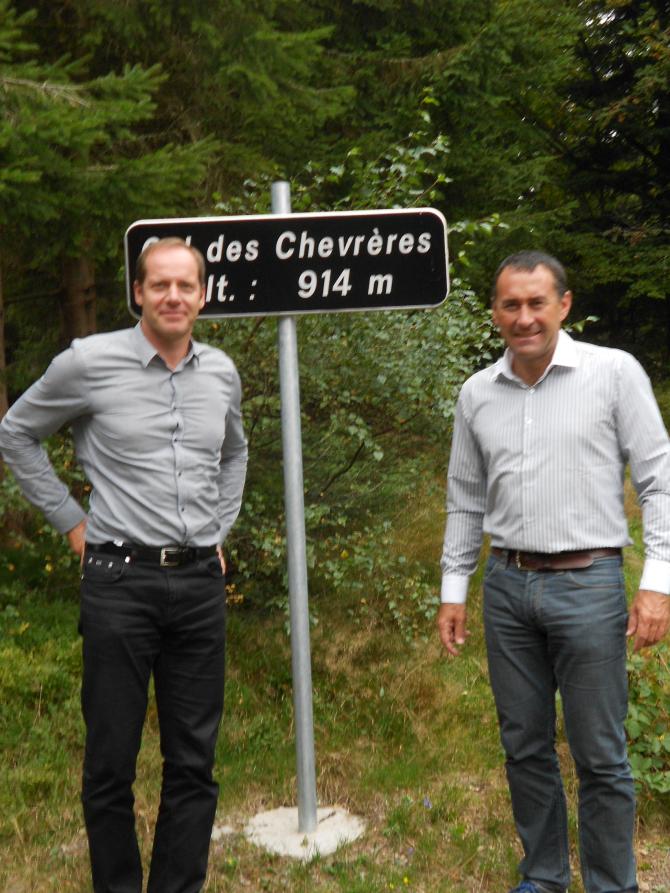
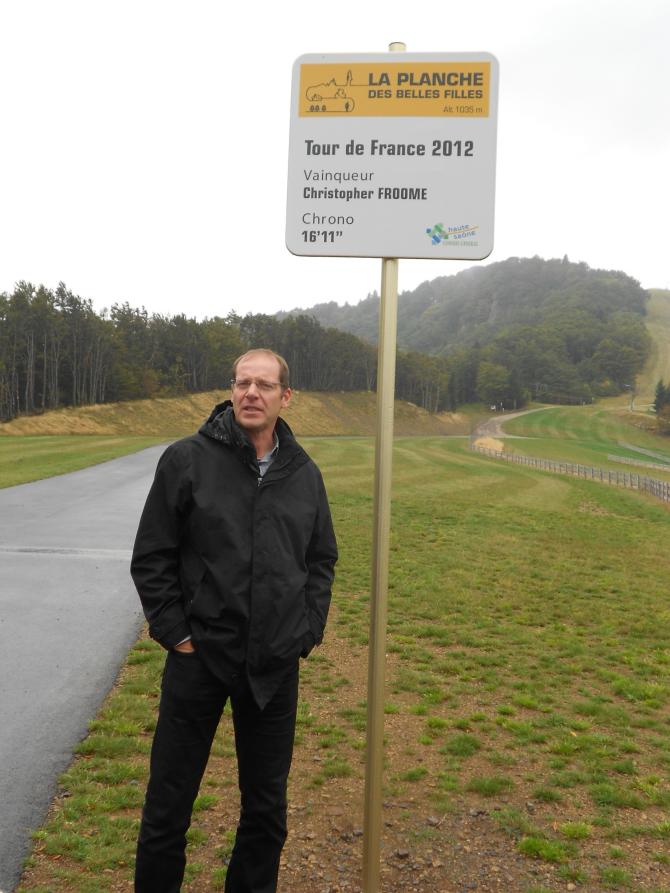
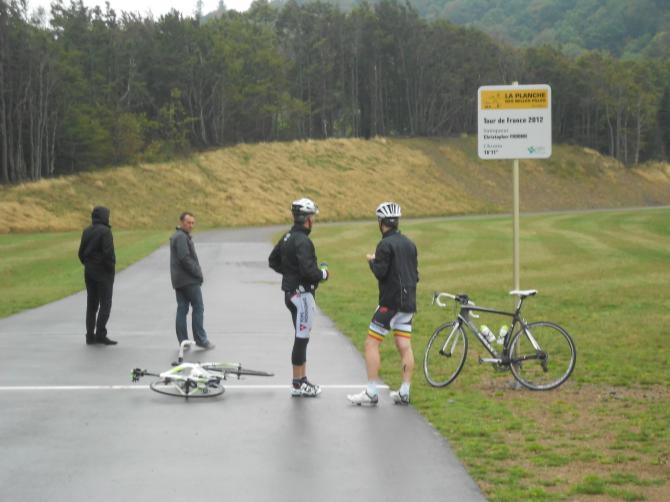
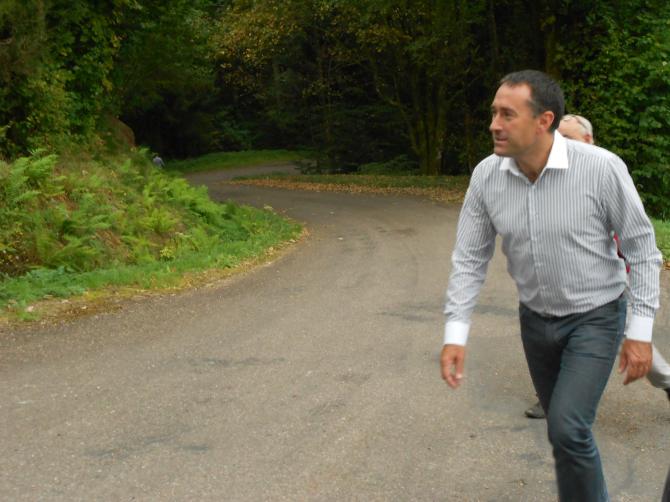
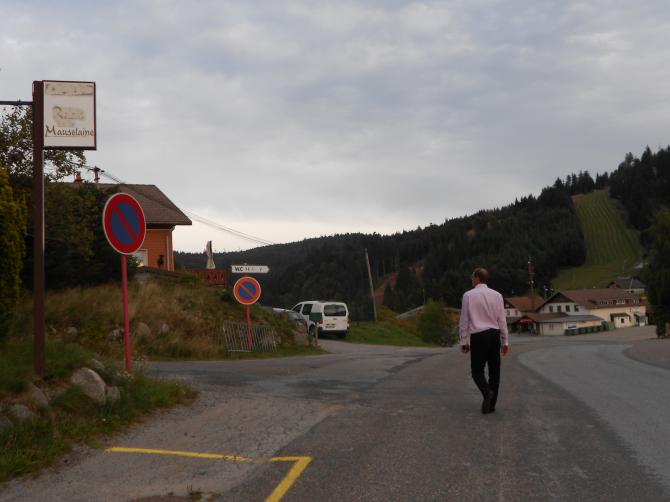
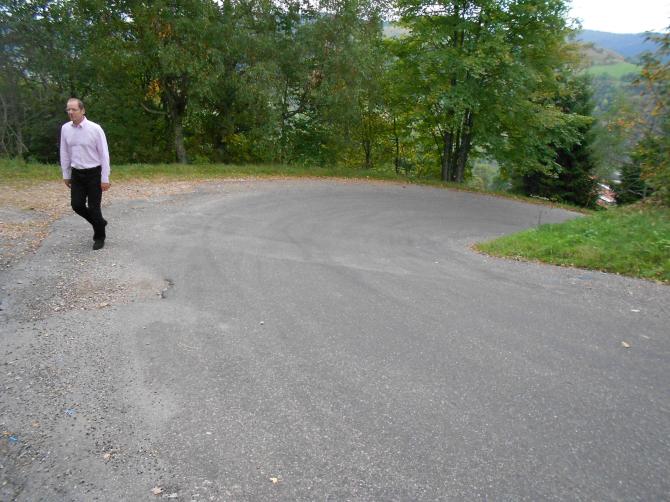
Christian Prudhomme regularly cites Martin Luther King Jr. and he also has a dream: to draw a Tour de France without featuring any of the legendary climbs in the high mountains in order to increase the suspense and generate interest all the way through the three weeks of racing. Being aware of the public's conservative approach to cycling, he intends to go step by step, starting with the 2014 Tour de France.
“I like to use the other massifs than the usual Alps and Pyrenees”, he told Cyclingnews during a recon of the three stages scheduled in the Vosges at the beginning of October. “I believe the race can be won and lost anytime. The dogma to make the race attractive is that there’s no dogma.”
Disappointed by race favourites who didn’t fight during stage 13 from Colmar to Vittel in the Vosges in 2009, which was won by Heinrich Haussler on a very wet day, Prudhomme has opted for three days in the massif of eastern France with two kilometers being common to stage 9 and stage 10 in the area of the Firstplan. That will be the first of seven climbs scheduled for stage 10 on a Bastille Day that promises to be epic from Mulhouse to the Planche des belles filles.
Stage 9 will be a typical one for “baroudeurs” (attackers in French cycling slang) like Sylvain Chavanel and Jens Voigt with col de la Schlucht, collet du linge, Markstein and Grand Ballon (alt. 1343m, the highest of those three days) on the menu prior to a stage finish in Mulhouse, like in 2005 when lone leader Michael Rasmussen on the flat resisted a chase led by time trialists Christophe Moreau and Voigt.
Two years ago, cycling fans discovered the Planche des belles filles. That was Chris Froome’s first victory at the Tour de France. A sign board remembers the event in the ski resort of the Haute-Saône that has become a popular destination for both cyclists and skiers: "alt. 1035m, Tour de France 2012, vainqueur Christopher Froome, Chrono 16’11". 270 metres of a piece of land neighboring a ski slope had been asphalted to host the stage finish. Bradley Wiggins took the yellow jersey for the first time and for good atop this hill very close to Thibaut Pinot’s home of Melisey.
The approach will be very different this time. Instead of a hill climb, it will be the end of a real mountain stage even though located far away from the big mountains and having the Platzerwasel as the highest peak of the stage only 1182 metres above sea level. Firstplan and Petit Ballon will precede the third climb of the day that has been used by the Tour de France only twice before. It was well known even prior to Haussler’s stage win in 2009, as Raymond Poulidor lost the 1967 Tour de France in the Platzerwasel, as he crashed in the downhill, broke his handlebar and both wheels, then forgot to eat and climbed the Ballon d’Alsace with a hunger flat.
Oderen and col des Croix will be the next two difficulties. The latter is completely new to professional cyclists but well known by the recreational riders who took part in the last Classique des Trois Ballons: the ascent to col des Chevrères is 10.5km long, via Miellin where it becomes steep with a maximum gradient at 20% and an average of 7% to reach the top at an altitude of 914 metres. “It’s the Angliru in a forest”, compared ASO director of sport Thierry Gouvenou. It’s also very close to the bottom of the “PBF”, less than ten kilometers.
The latest race content, interviews, features, reviews and expert buying guides, direct to your inbox!
“Everything is in place for the favorites to fight without waiting for the Alps”, said Prudhomme who went to see the col des Chevrères between Froome’s win at “PBF” and the official dinner with the local authorities during the 2012 Tour de France. “I hope that riders won’t tell, like Andy Schleck at Les Rousses in 2010: had I known the course, I would have attacked. They know that we put together a course for an offensive style of racing.”
